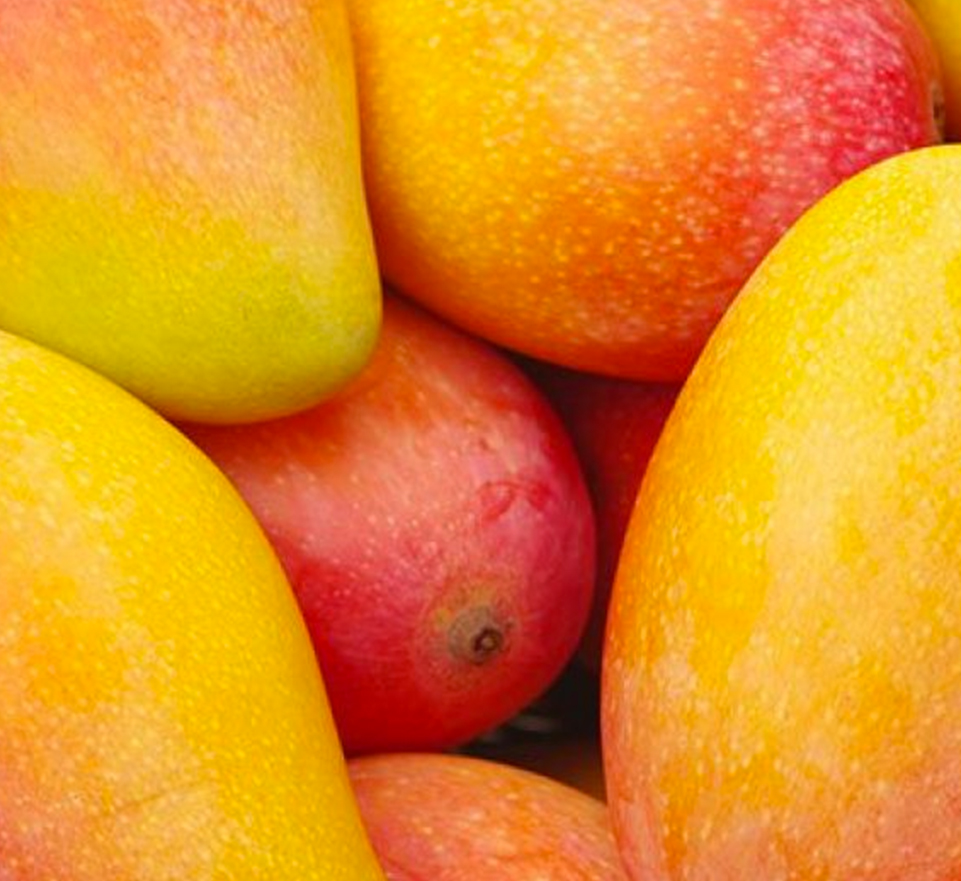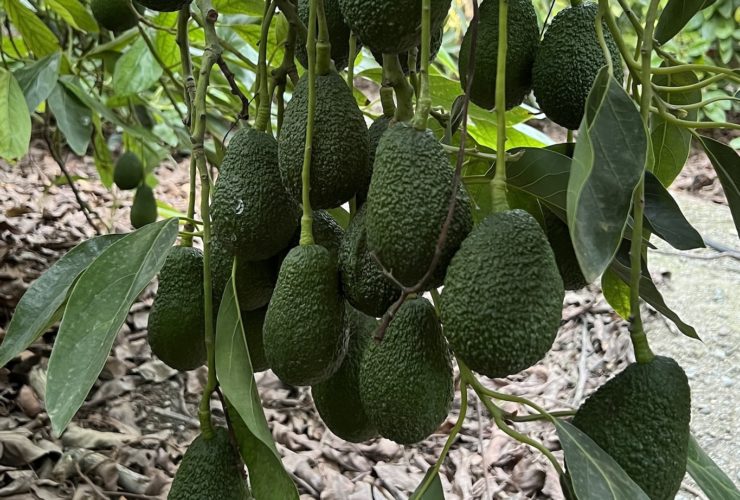This splendid fruit that originated in Asia (roughly in the current area of India and Burma) grows spontaneously in the Earth’s intertropical zone. In America it is mainly grown in Peru. It was introduced to Mexico from the Philippines in the 17th century and the Portuguese introduced it to Brazil in the 19th century. The mango is the national fruit of some countries, e.g. India, Pakistan and the Philippines. One of its most notable characteristics is its flavor.
The flesh may or may not be fibrous, with the variety called the «hilacha mango» containing the highest amount of fiber
There are many other varieties. This fruit is normally orange on the inside and it has a mildly sour taste when it has not fully ripened.
The flavor varies greatly between different varieties. For example, a large mango tastes and smells similar to peaches in syrup, albeit with a less moist texture (peach mango).
Its organic composition differs with each variety, but they all have high water content in common. They also provide a substantial amount of carbohydrates, so their caloric value is high.

Antioxidant
The mango is a sweet and refreshing fruit that is rich in substances with an antioxidant action, so eating it is highly recommended, especially if you bear in mind the beneficial nutritional properties it has for everyone: children and young people, athletes, pregnant women, nursing mothers and the elderly.
Good for muscles and bones
It is rich in amino acids, vitamins C and E, flavonoids, beta-carotene, niacin, calcium, iron, magnesium and potassium. Vitamin C is involved in the formation of collagen, bones, teeth and red blood cells, and increases the absorption of iron from food and resistance to infections.
Its aids good digestion
One cup of this sliced fruit has 25% of the recommended daily value of vitamin A, which promotes good eyesight. It also contains digestive enzymes, which help break down proteins, aiding digestion.
Ideal for healthy skin
It is effective at relieving clogged pores in the skin, so it benefits people who have acne.
Healthy minds
Mangos are useful for children with difficulty concentrating as they study, as it contains glutamine acid, which is good for stimulating the memory and keeping cells active.
A source of fiber
Fiber prevents or improves constipation, helps to lower blood cholesterol levels, aids good glycemic control and it has a satiating effect, which is beneficial in cases of diabetes and excess weight, if consumed in adequate quantities.
Therefore, the mango is a fruit with excellent nutritional properties, which will help you to lead a healthier life. You will also be able to enjoy its unique texture and flavor. Make mango a big part of your life!






